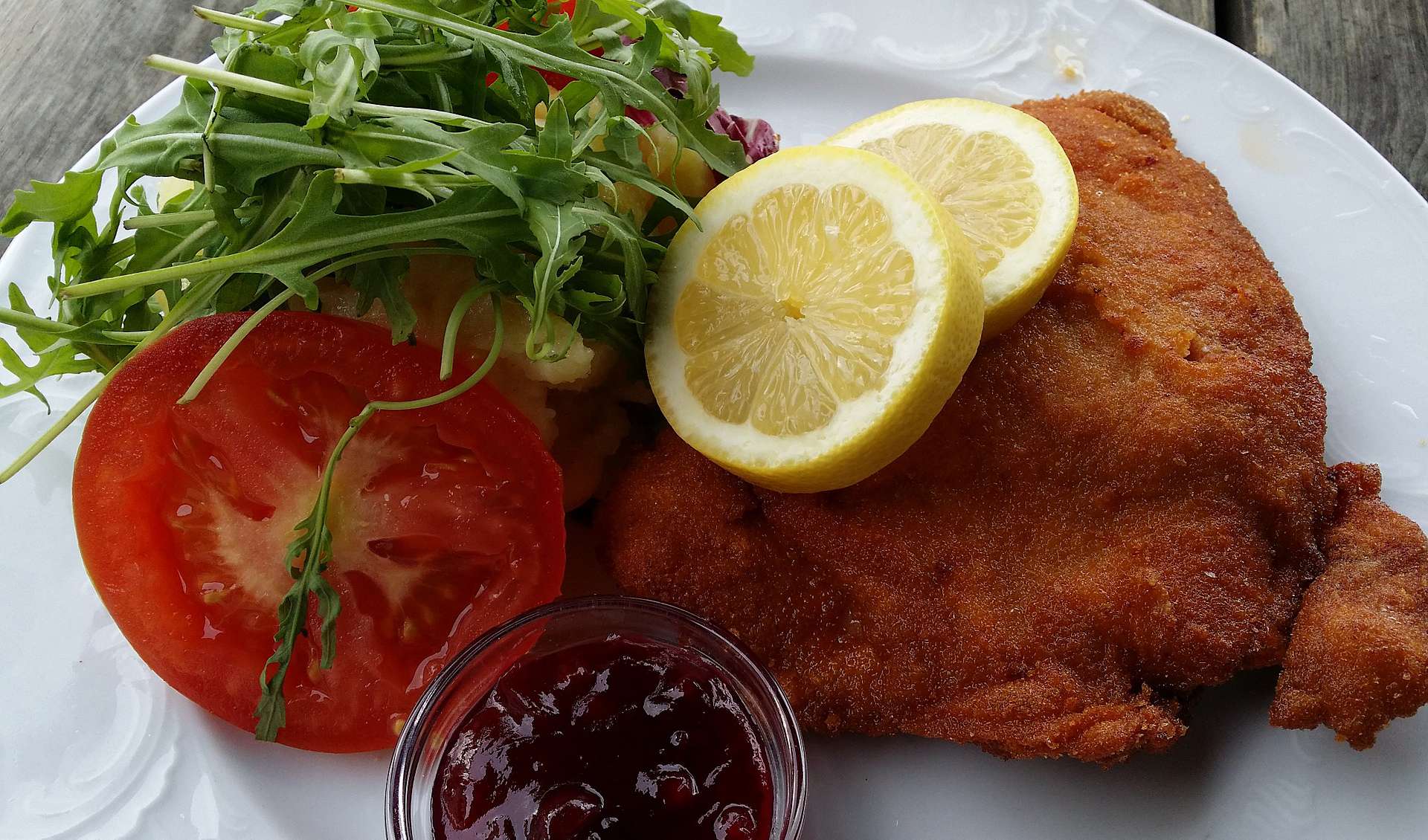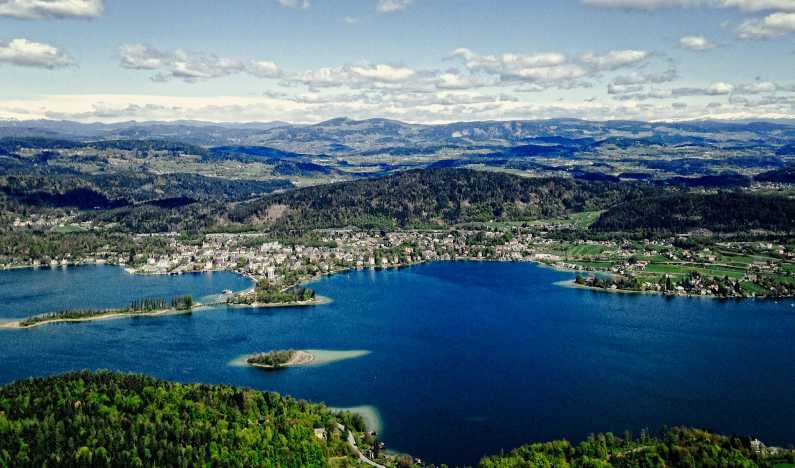Austria is a country of magnificent palaces, stately homes, rich museums, classical music and fine cuisine. The country is beautiful in all weathers and tourists from all over the world are drawn to its picturesque landscapes and monuments.
In the warmer months, you'll enjoy sightseeing and exploring the historic streets of Austria's cities. And in the colder months, the picturesque ski resorts are popular with holidaymakers and children.
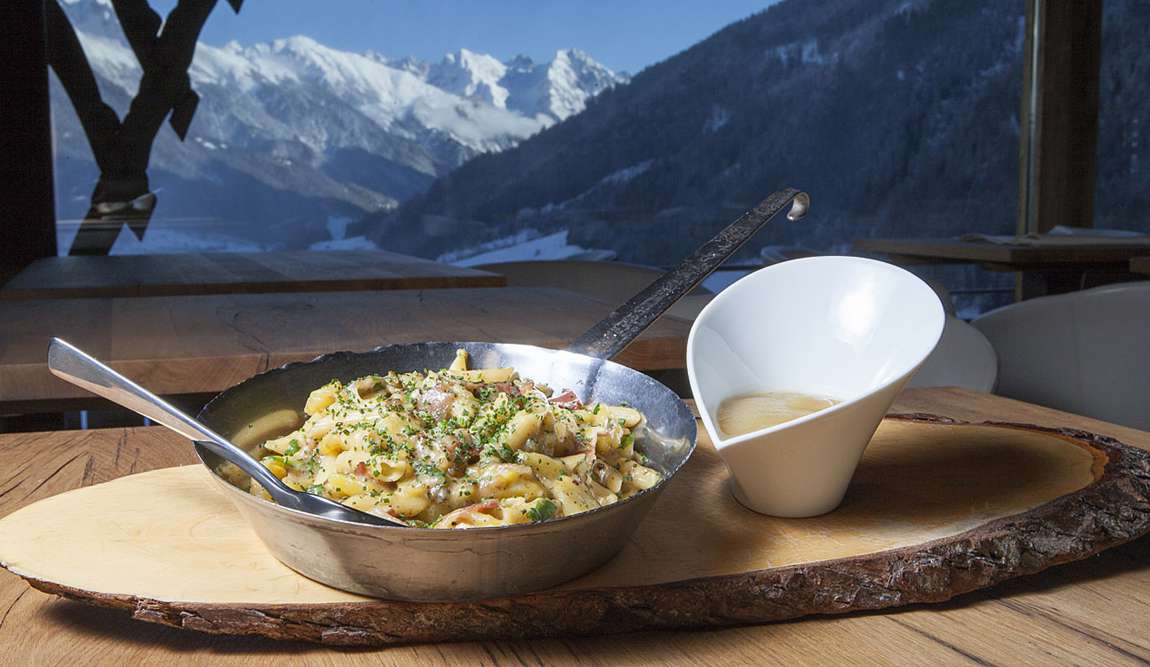
Austria's ski resorts are renowned for their excellent slopes and high standards of service, which will surprise even the most demanding skier or snowboarder.
Whatever type of holiday you choose, food is an important part of your holiday, especially if you are travelling with children. When planning your budget and your trip to Austria, take a look at prices and dining options to make your holiday more enjoyable.
Austrian cuisine
When travelling in Austria, it is advisable to have some knowledge of gastronomic traditions, as the country's cuisine is very varied.
If you're wondering what to try, the answer is simple: try the pastries, cakes and sweets that are a symbol of Austria.
You'll love the apple strudel with vanilla sauce and the legendary Sacher cake: chocolate sponge cake with a dollop of apricot jelly in a chocolate glaze. But that's just for sweets, and there are plenty of delicious dishes to choose from for a hearty meal.
The national dish in Austria is Wiener Schnitzel, garnished with a slice of lemon and served with potato salad or chips. The portion is usually large enough for two or to share with children.
Unlike other European countries, in Austria one eats soups that are a bit like ours. If you are a fan of liquid and hot food, then you should try some traditional first courses: Kürbiskremsuppe — pumpkin soup, Knoblauchsuppe — garlic soup, Zwiebelsuppe — onion soup, Linsesuppe — lentil soup, frittattenzuppe and dumpling soup.
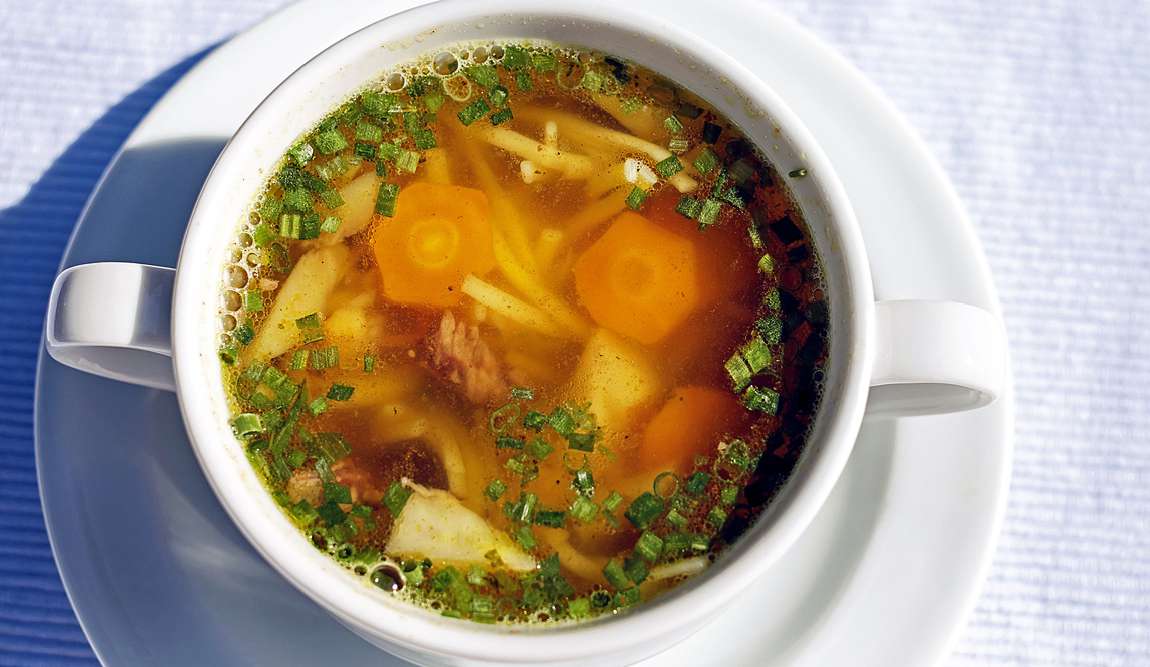
An Austrian main course is divided into a starter and a main course. The Austrian starter is no different from the main course — it is hearty and filling.
Note that tea is not so popular drink in Austria, but the coffee ceremony is a ritual. Be sure to try the Kaiser Melange, which contains whipped egg yolk: unusual and very tasty.
Drinks include spritzers, popular with locals, and ice wine, made from grapes frozen on the vine. It is thick and viscous, like syrup, and tourists often take it home as a souvenir. Other popular wines are Heuriger and Muskateler.
The cost of food varies from region to region. Food prices in Austria are relatively high compared to other European countries.
Also, in ski resorts and large cities, everything will be much more expensive than in smaller towns. There are restaurants in Vienna and elsewhere where the bill starts at 100 euros.
It is worth noting that in major cities you can find Arabic, Turkish, Chinese and other ethnic restaurants on every corner, where you can have a meal for two for 20 euros.
On average, a meal for two will cost between €40 and €50, and a normal snack bar will cost between €20 and €30. When it comes to fast food, it's worth trying the Viennese sausages, which can be bought for 4-6 euros. They are made from a mixture of pork and beef, with the addition of nutmeg, coriander and cloves.
Food in Austria's ski resorts
In Austria, the concept of a buffet is slightly different from that in Turkey or Egypt. Depending on the category of hotel, there are between 2 and 8 dishes to choose from. The buffet also offers snacks, salads and sweets. Hotels offer breakfast or breakfast and dinner; guesthouses usually offer breakfast only.
If you decide to shop for food, remember that most shops are open from 08:00 - 09:00 to 18:00 - 19:00 from Monday to Friday and only until 17:00 on Saturday. Large supermarkets are open an hour or two longer. Shops are closed on Sundays and you can buy groceries from duty-free supermarkets or mini-markets at petrol stations, which are open 24 hours a day.
If you want to eat right next to the slopes, there are cafes, restaurants and pubs serving traditional Austrian food, but the prices can be high. It is therefore advisable to have a hearty breakfast on the way to the slopes.
To save money, many tourists cook in their own rooms (apartments with kitchens are very popular in Austria). This type of accommodation is also convenient if you are travelling with a child. In general, meals in Austria are a very expensive item of expenditure in the resorts.
Food prices 2025
Grocery prices vary depending on the location of the store. Notable supermarkets in Austria include Billa, Eurospar, Interspar, Hoffer and Penny Market, which can be found throughout the country.
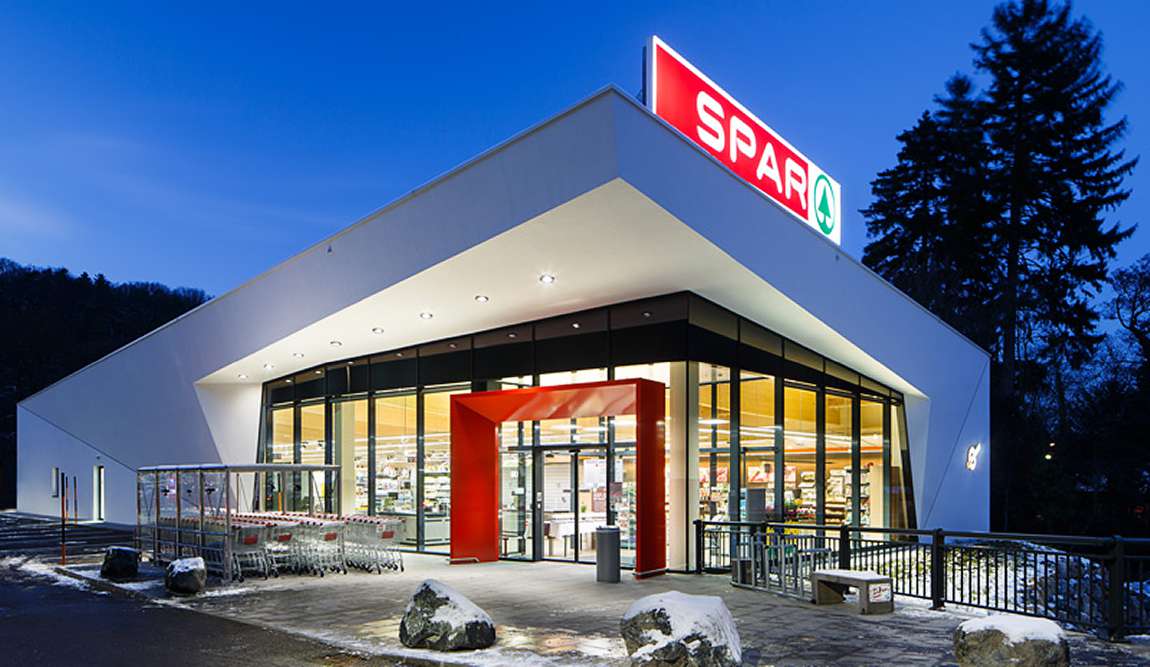
Below are the average prices of food in supermarkets in Austria:
- Apples, oranges, bananas, pears and tomatoes - 2-3 euros per kg;
- Cucumbers — €1.79 for 1 pc;
- Carrots — €1,39 for 500 g;
- Aubergines — €1,79 for 1 pc;
- Kiwi — €0,67 for 1 pc;
- Avocado — €1,14 for 1 pc;
- Sweet pepper — €1,69 for 1 pc;
- Chocolate, biscuits — €1,5-3 per bar/package;
- Coffee of popular brands — €11 for a 1 kg packet;
- Tea — €1.8-€4 per package;
- Milk — min. €1.19 for 1 litre;
- Yoghurt — min. €0.39/250g;
- Chicken — €5.4-€13 per1 kg;
- Pasta — €1,5-€2,5 per kg;
- Bread — €1,5-€2;
- Toast packet 750g — €2.99;
- Meat products — about €12 per kg;
- Sausages — from €14 per kg;
- Cheese — €14.3 per kg;
- Mozzarella cheese — €0.99 for 1 pc/125g
*Prices taken from the online supermarket Billa website, winter season.
Baby food in Austria
Many hotels in Austria (especially in ski resorts) claim to serve children's meals. In practice, however, you may be in for a nasty surprise: children's meals here mean chips, pizza, hamburgers and other foods that are not the most healthy or nutritious.
It is therefore advisable to ask the hotel in advance about the children's menu and, if necessary, take care of your child's food.
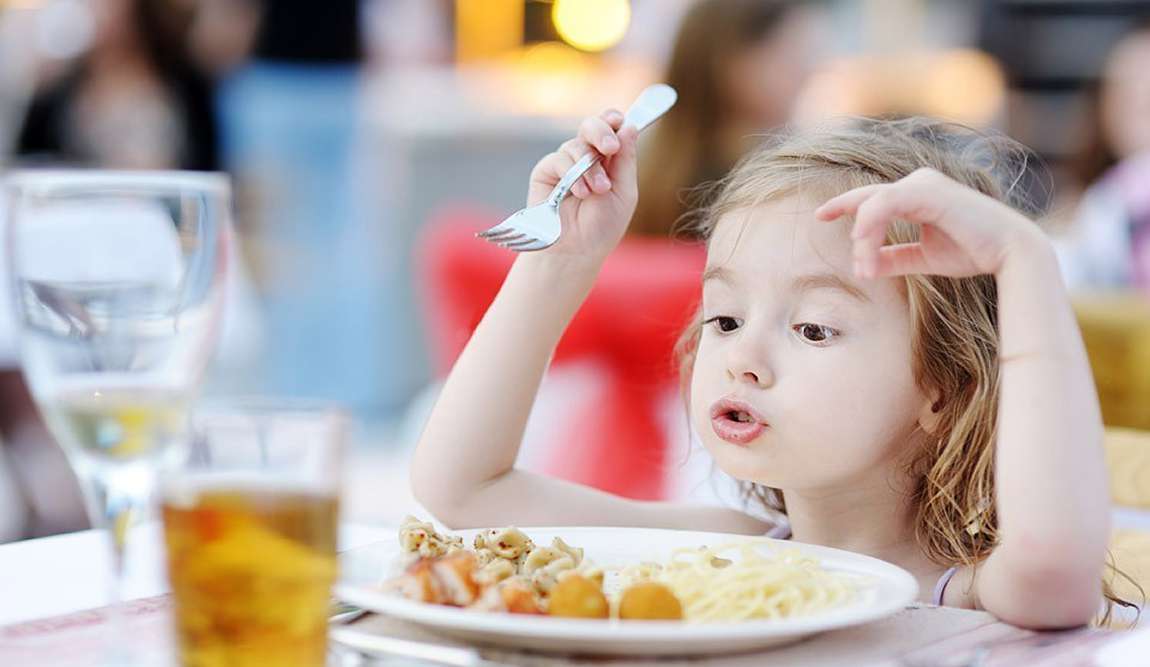
The supermarkets mentioned above have some choice of baby food. For example, local supermarkets always have 2-3 types of baby milk, but it is difficult to find non-dairy instant paps. Canned baby purées are mostly made by Hipp.
One-pot purees and porridges are also rare. It is important to note that most multi-ingredient purées contain carrots - a very important point if your baby is allergic.
The price of a jar in a Eurospar supermarket is around €1,5 and the individual ingredients are slightly cheaper.
Potato and pumpkin purees are available for the little ones, but it's best to bring a small supply of the food your child is used to. Please note that some baby foods in Austria contain chocolate and other sweets which can cause allergies.
In restaurants and cafés, children's menus are not usually on the menu, but they are available by default.
Here's a quick guide to the foods you can offer your little gourmet. What should your child try in Austria?
If your child likes first courses, he or she can be spoilt with Frittatensuppe, a broth with noodles. Leberknödelsuppe is a good alternative.
For the main course, offer your child Tafelspitz (boiled beef). This is served with boiled potatoes. Other options include minced meat balls or potato croquettes.
Your child will love Wiener Schnitzel, or you could try a chicken dish called Backhuhn or Backhendl.
The easiest child to please is the one who likes pasta. Nockerl, for example, look a bit like noodles with sauce, while Kasknudeln and Schlipkrapfen look like our dumplings, only smaller.
The Austrian region of Carinthia is famous for its lake fish; carp, trout or pike are good meals for the whole family.
Children have a big sweet tooth. Sweets are sold everywhere; cakes and pastries are a trademark of Austria. Offer your children Buchteln with nuts and poppy seeds or a variety of bagels, pretzels and cakes. But be sure to take your child's special needs into account; it's easy for an adult to become addicted to these sweets.
Summary:
- Food in Austria is of high quality and at average European prices. It's safe to say that every tourist will find something to suit their taste: chic gourmet restaurants, casual cafes and inexpensive roadside eateries.
- Austria is famous for its pastry shops; pastries are a must.
- There are supermarkets and cafes to keep the little ones busy.
- If you're travelling with a young child, make sure you check the children's menu at your chosen hotel. This will allow you to stock up on baby food, formula or mash, or to choose another hotel with a more suitable menu for your child.
Well, all we can do is wish you a wonderful holiday in this wonderful country!



